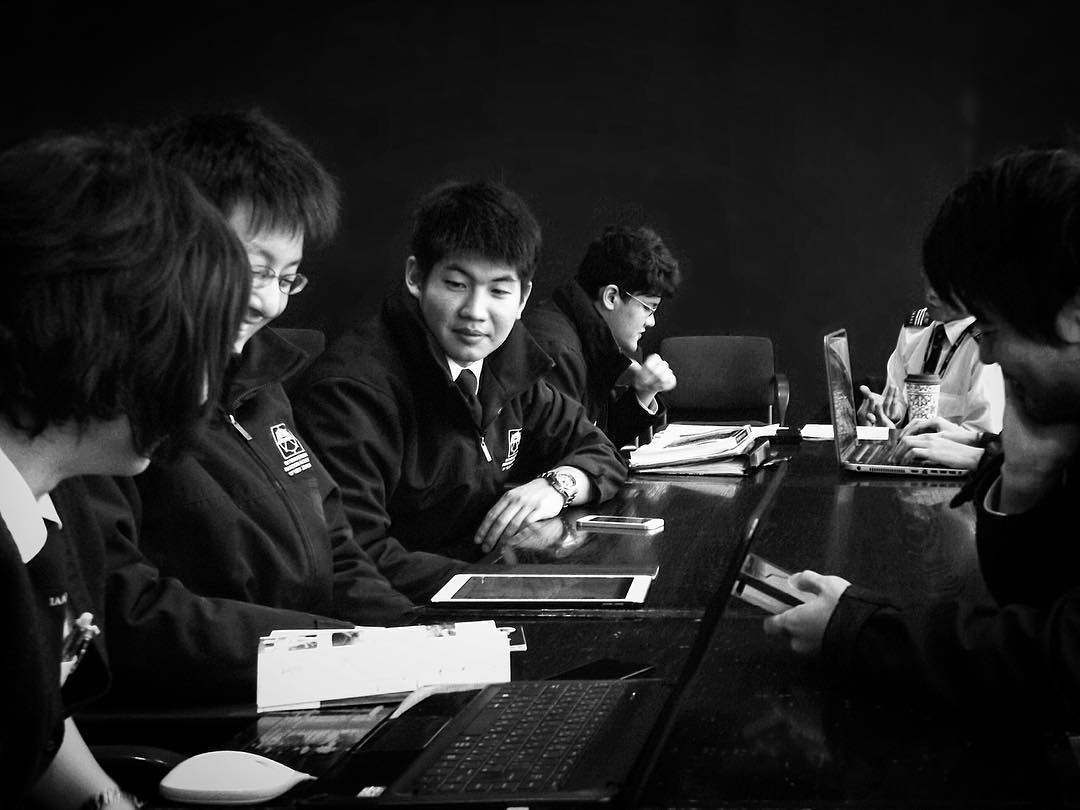Cart 0
Academic: Ratio Policy
The IAANZ maintains a policy that the student / lecture ratio will be a maximum of 1:30.

Academic: Policy on a Students Eligibility to sit an Aspeq Exam
Any IAANZ student who has failed in‐class tests or assignments continuously, or has not met the required attendance level, may not be permitted to sit the Aspeq exam for that theory lecture. This student may be required to re‐sit theory lectures at a later date. If an exam slip has been issued, IAANZ will request a refund of the exam fee but the student may be required to forfeit this exam fee.
Academic: Tutorial Policy
Any student who fails an in‐class assessment or quiz or who fails to attend the required number of lectures will be advised by their lecturer and may be withdrawn from their exam and a remedial plan put in place. Extra tutorials may incur an additional cost.
Unsatisfactory Progression Policy
Students who have continued non achievement will be placed on a support contract, continued non achievement may result in the student being excluded from the programme.


